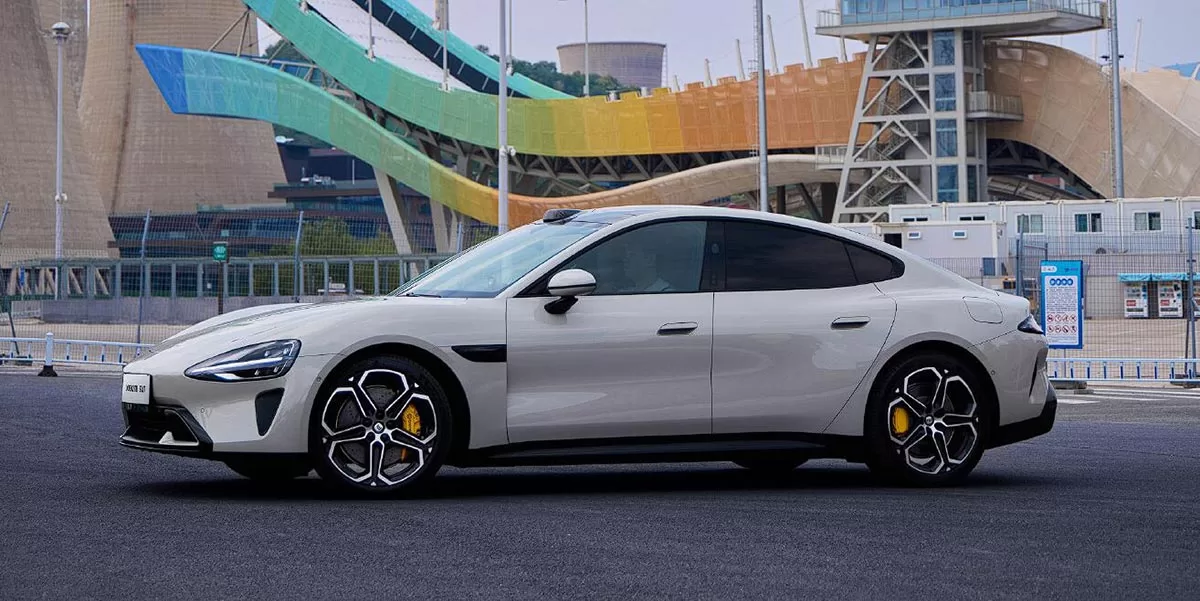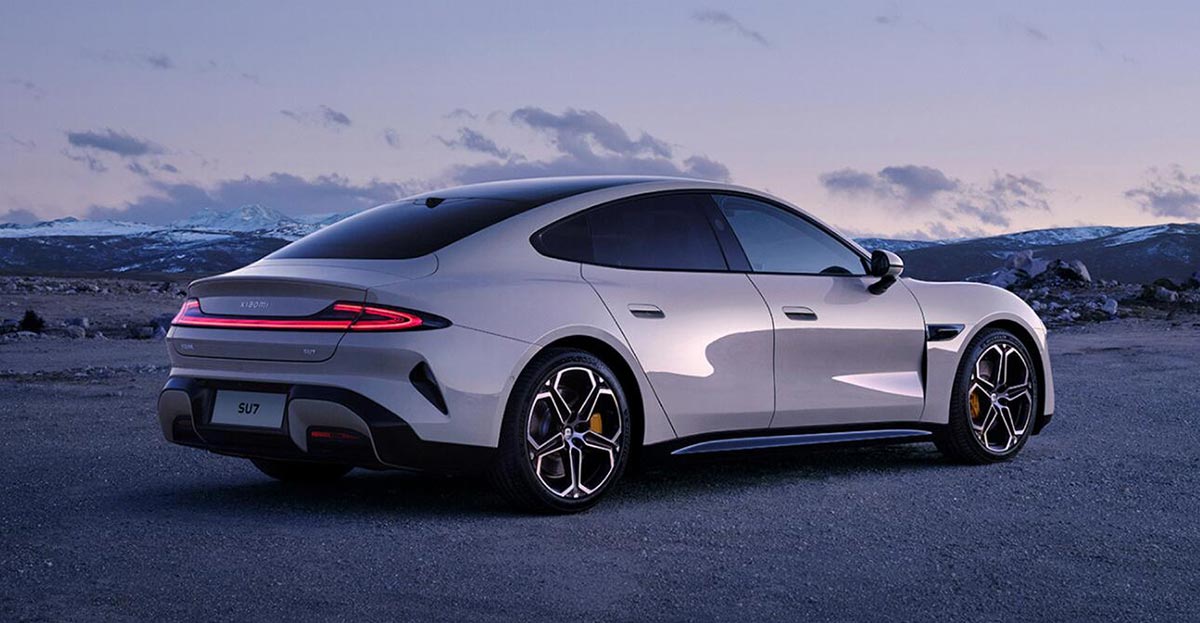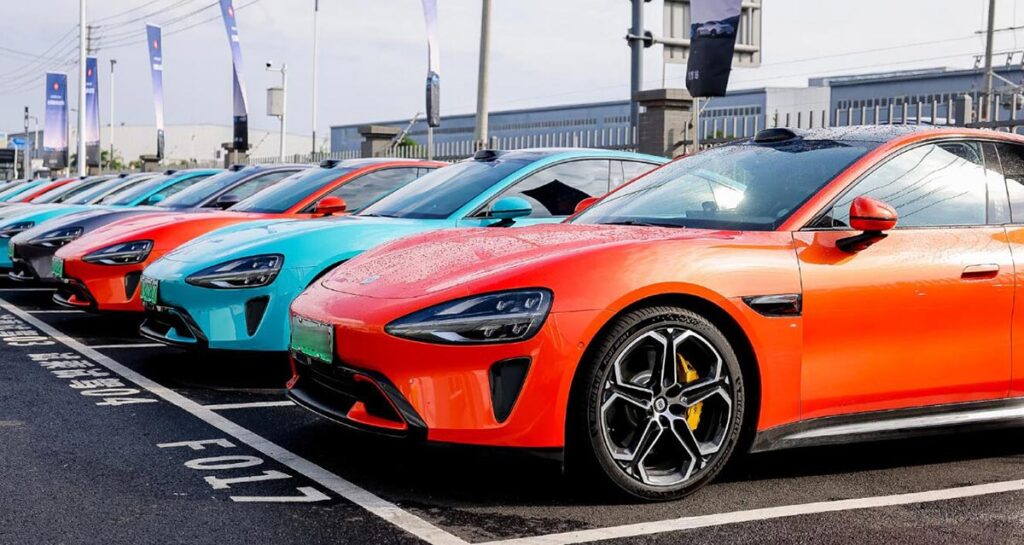In a surprising turn for a major automaker’s leader, Ford Motor CEO Jim Farley has openly praised a Chinese electric vehicle (EV) over his own company’s products. During an interview on the Fully Charged podcast, Farley revealed that he’s been daily driving the Xiaomi SU7, a Chinese-made electric sedan, for the past six months, and he’s in no rush to give it up.
Farley confessed to Robert Llewellyn, the host of the podcast, that although he usually avoids talking about competitors, he couldn’t resist sharing his enthusiasm for Xiaomi’s first electric car. The SU7 is currently not available outside of China, but Ford flew one from Shanghai to Chicago for testing purposes. “I’ve been driving it for six months now, and I don’t want to give it up,” Farley admitted. He went on to praise the car, calling it “fantastic,” and noted the strong demand for Xiaomi’s EVs, which are selling between 10,000 to 20,000 units a month, with a six-month waiting list.
The Xiaomi SU7 is a notable example of China’s rapid progress in the electric vehicle space. Farley didn’t specify which version of the sedan he’s been driving, but the entry-level model offers 295 horsepower (220 kW) and a 73.6 kWh battery, providing an impressive range of 435 miles (700 km). Higher-end versions of the SU7 include the SU7 Pro, which has a larger battery and a range of 516 miles (830 km), and the top-tier SU7 Max, which comes with dual motors, delivering 663 horsepower (495 kW) and an acceleration time of just 2.8 seconds from 0-62 mph (100 km/h), all while boasting a 497-mile (800 km) range.
Despite Farley’s admiration for the vehicle, Xiaomi’s financial challenges in the EV sector loom large. Reports indicate that Xiaomi took a significant loss of around $9,200 on each car sold in the first half of the year, raising questions about the long-term profitability of their EV operations. Nonetheless, Farley’s praise signals the strong competitive edge Chinese automakers are gaining in the EV market.

Chinese Automakers: A Growing Challenge for Ford
Farley’s acknowledgment of the Chinese auto industry’s advancements is not new. Earlier this year, in an interview with The Wall Street Journal, both Farley and Ford CFO John Lawler expressed their astonishment after test-driving a Changan electric vehicle in early 2023. “These guys are ahead of us,” Lawler told a surprised Farley. Since then, the Ford CEO has frequently warned about the “existential threat” that Chinese automakers pose to legacy car companies, including his own.
Farley’s candid remarks underscore the pressure American automakers face as Chinese EV manufacturers like BYD, Nio, and Xiaomi continue to gain momentum with competitively priced, technologically advanced vehicles. The success of these companies is pushing Ford and other established automakers to rethink their strategies, especially as Chinese brands continue to innovate and expand in the global EV market.

Ford, in response, has been making moves to remain competitive. Farley mentioned earlier that the company has assembled a specialized “skunkworks” team, filled with talent from Tesla, Rivian, and Apple, to develop the next-generation EV platform. But as Chinese EV makers continue to make significant strides, the challenge for Ford and other legacy automakers is clear: keep pace or risk being left behind.
